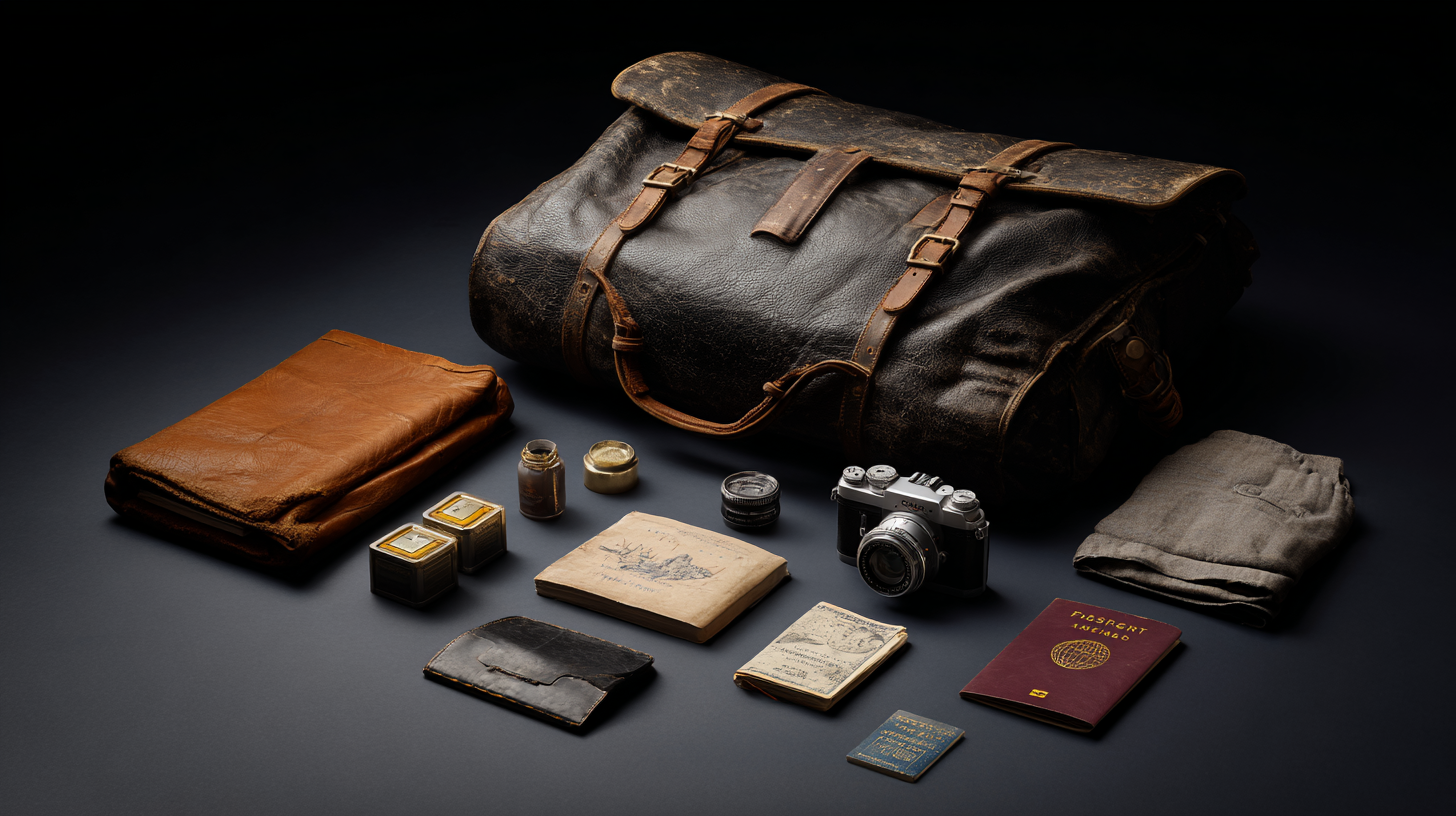7 Essentials for Stress-Free Global Business Travel

Global business travel has been soaring once again, and I’ve noticed how proper planning can make the difference between a breezy, productive trip and a scramble at the airport. I often lean back by the window, appreciating the horizons outside, but I never forget the groundwork needed before departure. Here are the seven essentials I rely on for stress-free global business travel.
1. Book Early & Check Document Requirements
In my experience, it’s never too soon to grab those tickets. According to the Global Business Travel Association (GBTA), travelers who book flights at least eight weeks in advance can save up to 20% on airfare, which is a significant boost when you’re managing tight budgets. Factor in the potential for passport renewals and visa processing times: a 2024 report by the U.S. Department of State found that passport wait times can exceed 10 weeks during peak seasons. Getting ahead of deadlines gives you room to handle unforeseen delays.
I’ve also noticed that multiple-entry visas can be lifesavers if you anticipate traveling regularly for projects. Be sure to check official government websites or consult your local consulate for the latest entry rules and health advisories. This ensures you’re not blindsided by unexpected requirements, such as mandatory vaccinations or special clearance for certain countries. Thorough research upfront makes all the difference once you’re on the road.
2. Prepare a Detailed Itinerary

Time is crucial in global travel, and I’ve found that a meticulously planned itinerary helps me stay ahead of the hustle. A day-by-day breakdown not only ensures I maximize meetings and networking but also offers me a safety net if flights are delayed or changed. According to a 2023 industry study, business travelers with backup reservations (like alternative flights or hotels) are 50% more likely to reschedule seamlessly during disruptions. It’s not always about having the perfect schedule, but about having a plan B in your back pocket.
To keep up with local advisories and potential risks, tapping into resources like the official government websites or airline apps has been a game-changer. I also keep important numbers—like the nearest embassy, travel insurance hotlines, and airline customer service—saved in my phone. This proactive approach can save hours in stressful situations, leaving more time to focus on what truly matters: your meetings and objectives.
3. Learn Key Local Phrases & Customs

I’ve observed that taking a moment to learn basic greetings or polite questions in the local language can warm up any conversation. It shows respect for local culture and helps break the ice in a professional setting. According to a survey by the British Council, nearly 70% of international businesspeople say they appreciate colleagues who attempt to speak their language, even if it’s just a few phrases.
Beyond language, I make an effort to study customs and etiquette. For instance, in some places, it’s customary to offer a business card with both hands, or to exchange a small gift at the start of a meeting. By aligning with local practices, I’ve found I can foster genuine connections faster and set a positive tone for deeper, long-term relationships.
4. Keep Tech & Connectivity in Check

Staying fully charged and online is crucial for my productivity when I’m airborne or in transit. Universal power adapters, international SIM cards, and portable Wi-Fi hotspots are staples in my travel bag. According to a 2024 tech trends report, 80% of business flyers rely on at least one back-up connectivity method—so it’s wise to have more than one option for going online. I’ve learned the hard way that hotel Wi-Fi isn’t always reliable.
Protecting sensitive data is just as important. I set up secure VPN connections and restrict my browsing on public Wi-Fi networks, especially if I’m handling financial or company information. Traveling is no excuse for letting your digital guard down. In many regions, data privacy regulations are tighter now than ever, so safeguarding your devices is not only good sense—it might also be the law.
5. Stay Healthy & Safe

Despite the appeal of new destinations, health should remain a top priority. In my own travels, I’ve seen how small missteps—like not drinking enough water on long flights—can lead to fatigue or illness that disrupts an entire business trip. It’s always best to visit a travel clinic for personalized advice on vaccinations and medications relevant to your destinations and to stay updated on local outbreaks or advisories.
Physical and mental resilience go hand in hand. Employers have begun to realize that traveler well-being extends beyond flight times and meeting rooms. Regular stretch breaks, short walks, and even simple mindfulness exercises can keep your mind sharp. A recent study suggests that business travelers who schedule brief mental breaks are 30% more focused in negotiations. It’s a simple, valuable practice to adopt.
6. Mind Your Finances & Expense Deductions

Among frequent flyers I’ve spoken with, money matters—like expense tracking—are major stressors. Having a dedicated travel card or expense app can help you itemize and categorize expenses in real time. According to the IRS, travel expenses for trips under a week that are purely business-related remain fully deductible, while longer journeys may require more detailed breakdowns. Staying on top of these logs as you go can save headaches during tax season.
I personally use a cloud-based tool that instantly converts international receipts to my home currency, so I know when I’m hitting budget limits. Clear financial documentation ensures compliance and helps you anticipate any reporting issues. Over time, you’ll build an archive of data that can help project future budgets and show you exactly where you can optimize spending.
7. Balance Work & Leisure

Even with packed agendas, I strongly believe in carving out a little personal time to soak up local culture. Burnout is real, and enjoying a short city tour or tasting regional cuisine can reset your mindset. The World Travel & Tourism Council predicts that employees who balance business commitments with brief leisure experiences report higher overall satisfaction and productivity on the road.
Taking a moment to savor the scenery outside my window has led to some of my most refreshing insights. Whether it’s tasting a new dish or chatting with locals, these seemingly small moments can reignite your passion for both work and travel. When you view each trip as a gateway to new perspectives, you’ll return home enriched—both professionally and personally.
Final Thoughts

The essence of a smooth global business trip lies in the details—knowing when to plan meticulously, how to stay connected, and how to remain flexible if things veer off course. Respecting local cultures paves the way for stronger professional bonds, and safeguarding your health keeps you on top of your game.
All of these tips come down to one thing: readiness. From financial planning to cultural awareness, each step is a brick in the foundation of a successful journey. The rewards extend beyond business deals; they enrich your personal growth and equip you with stories and insights that last well beyond your return flight.
Ryder’s Take
In traveling through countless airports, I’ve learned that every seat comes with a story—whether it’s in economy or that panoramic window in seat 5A. The research I do before each trip pays off in countless ways, making the ride smoother and more rewarding. It’s not just about enjoying the view—it’s about planning so you can enjoy it fully.
Whenever I see the sunrise from above the clouds or catch a glimpse of a distant city skyline, I’m reminded why I never overlook the basics. Thoughtful prep is your ticket to less turbulence, both literally and figuratively.






